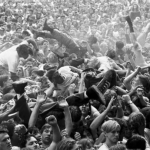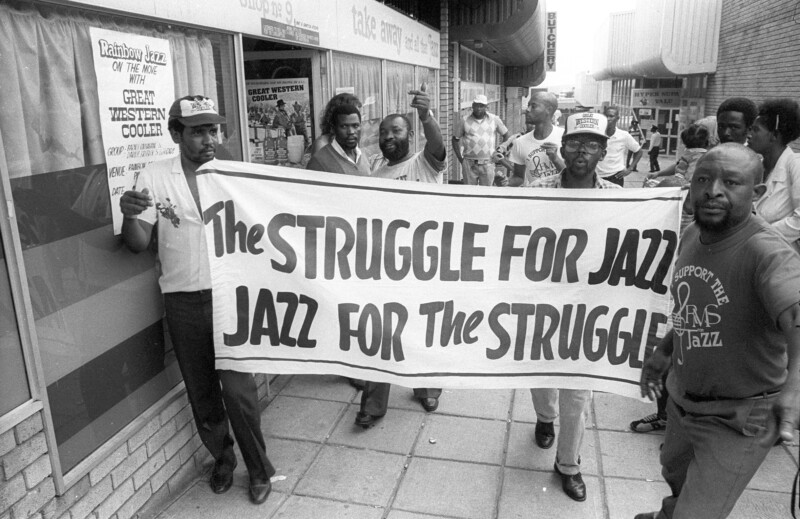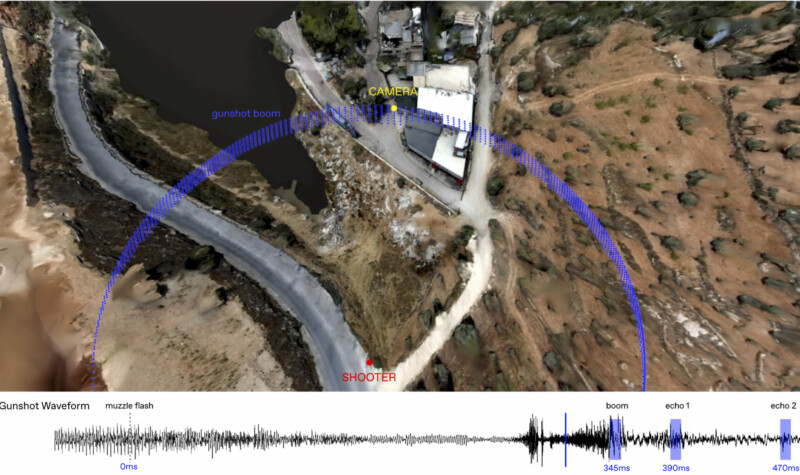Acoustic spaces play a part in defining borders and creating communities. While they fundamentally influence the shaping of public space, their ideological underpinnings, power structures and implications are often unacknowledged. The 26th edition of The Art of Assembly investigates how reconfiguring sonic environments and practices might lead to new modes of listening and the questioning of cultural hegemonies. Sound theorist Brandon LaBelle engages notions of social equality and acoustic justice, pointing out ways in which listening norms and conventions affect community-building and social participation. Architect and musician Fabio Cervi discusses his work as assistant audio investigator at Earshot, an agency founded by artist Lawrence Abu Hamdan. Earshot conducts sonic investigations for communities affected by corporate, state, and environmental injustice. Xenia Koghilaki examines crowd rituals and intensity in concerts and other musical situations, exploring collective movement as a means of resistance. Arts journalist and DJ Atiyyah Khan digs up lost histories of how South African jazz musicians mobilised communities and unconventional venues during apartheid, creating spaces of political resistance and joy.

In partnership with Ultima, Black Box Teater and Astrup Fearnley Museum. Supported by the EEA Grants and Norwegian Financial Mechanisms as part of Transmissions, coordinated by Onassis Stegi



